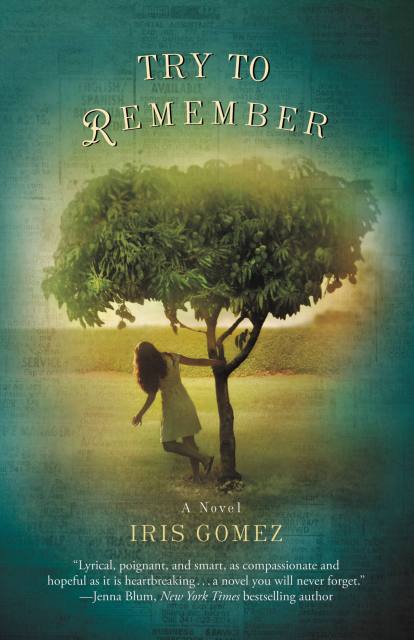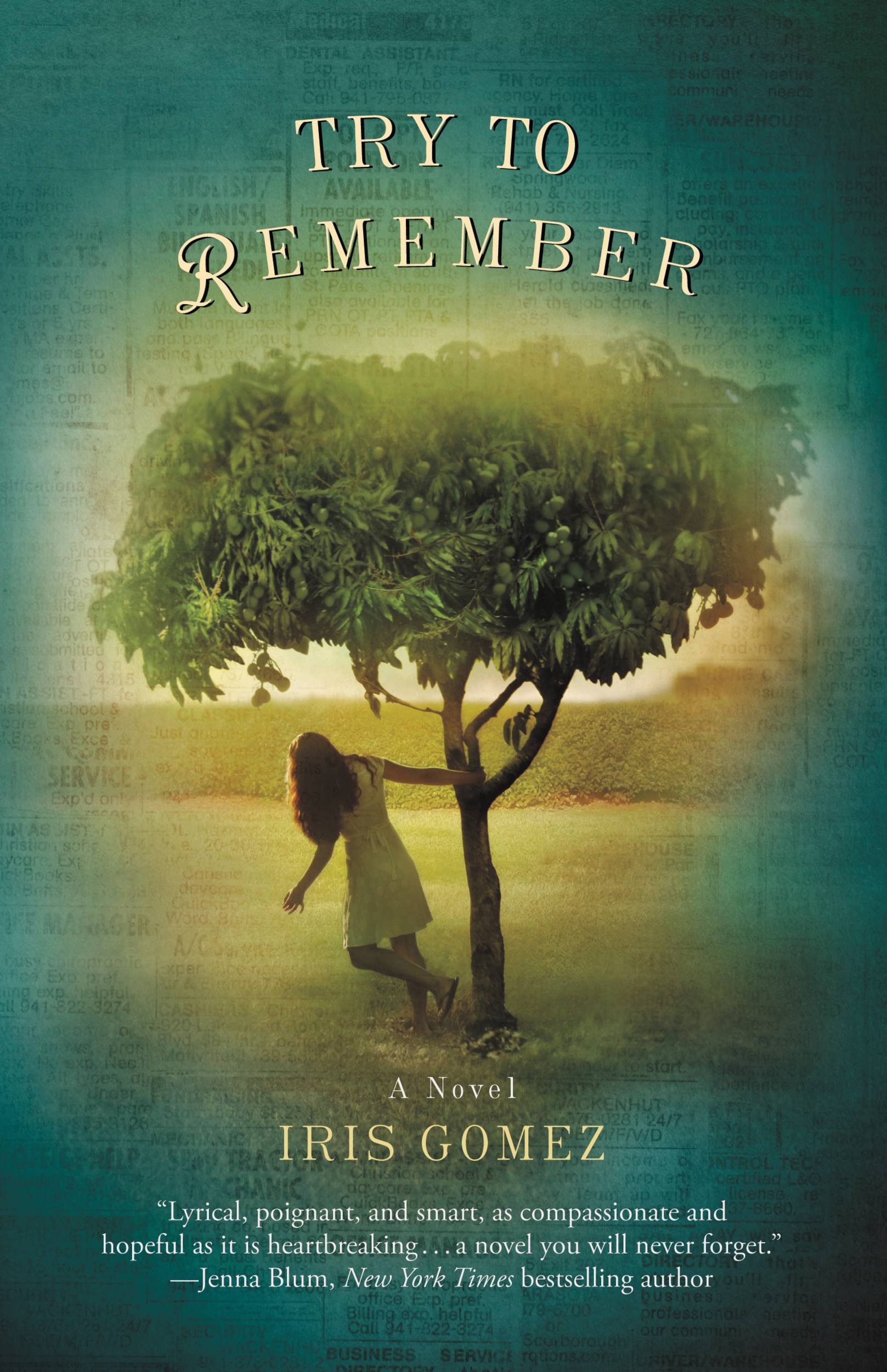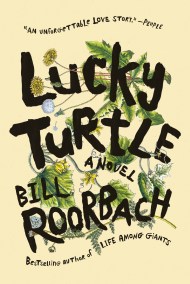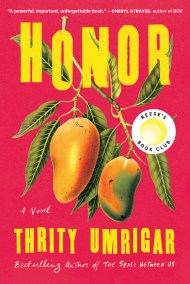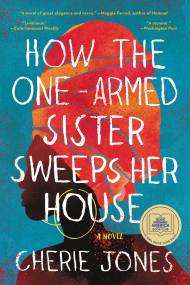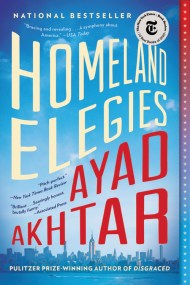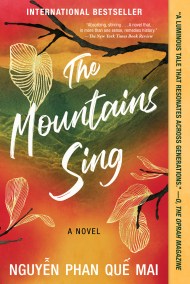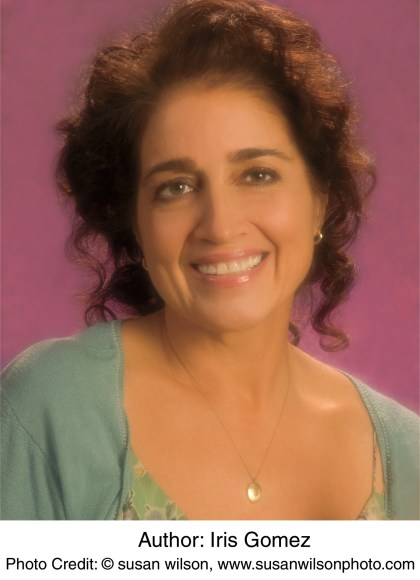Promotion
Use code MOM24 for 20% off site wide + free shipping over $45
Try to Remember
Contributors
By Iris Gomez
Formats and Prices
Price
$9.99Price
$12.99 CADFormat
Format:
- ebook $9.99 $12.99 CAD
- Trade Paperback $21.99 $28.99 CAD
This item is a preorder. Your payment method will be charged immediately, and the product is expected to ship on or around May 5, 2010. This date is subject to change due to shipping delays beyond our control.
Also available from:
An award-winning poet and expert in US immigration and asylum law delivers a powerful novel about a daughter's attempt to sustain her family as her father struggles with his mental health.
"Lyrical, poignant, and smart, as compassionate and hopeful as it is heartbreaking…a novel you will never forget." — Jenna Blum, New York Times bestselling author of Those Who Save Us
If she tries, Gabriela can almost remember when her father went off to work . . . when her mother wasn't struggling to undo the damage he caused . . . when a short temper didn't lead to physical violence. But Gabi cannot live in the past, not when one more outburst could jeopardize her family's future. So she trades the life of a normal Miami teenager for a career of carefully managing her father's delusions and guarding her mother's secrets. As Gabi navigates her family's twisting path of lies and revelations, relationships and loss, she finds moments of happiness in unexpected places. Ultimately Gabi must discover the strength she needs to choose what's right for her: serving her parents or a future of her own.
"Lyrical, poignant, and smart, as compassionate and hopeful as it is heartbreaking…a novel you will never forget." — Jenna Blum, New York Times bestselling author of Those Who Save Us
If she tries, Gabriela can almost remember when her father went off to work . . . when her mother wasn't struggling to undo the damage he caused . . . when a short temper didn't lead to physical violence. But Gabi cannot live in the past, not when one more outburst could jeopardize her family's future. So she trades the life of a normal Miami teenager for a career of carefully managing her father's delusions and guarding her mother's secrets. As Gabi navigates her family's twisting path of lies and revelations, relationships and loss, she finds moments of happiness in unexpected places. Ultimately Gabi must discover the strength she needs to choose what's right for her: serving her parents or a future of her own.
Genre:
- On Sale
- May 5, 2010
- Page Count
- 368 pages
- Publisher
- Grand Central Publishing
- ISBN-13
- 9780446569101
Newsletter Signup
By clicking ‘Sign Up,’ I acknowledge that I have read and agree to Hachette Book Group’s Privacy Policy and Terms of Use
